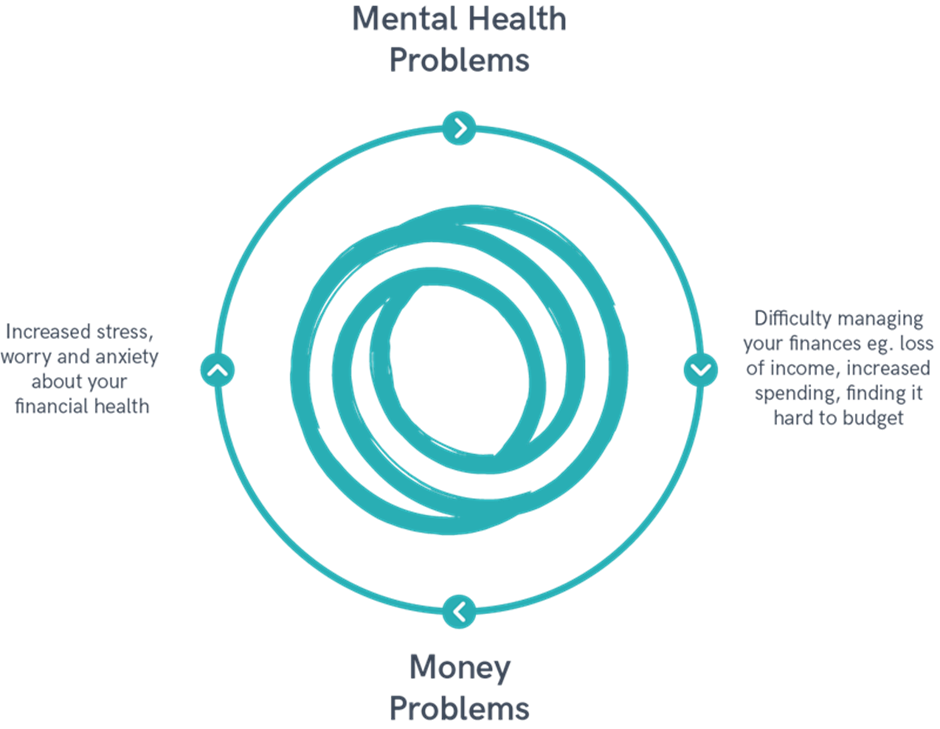
Mental health
Browse resources from Mental Health UK, who provide support and services to help people navigate the societal challenges that pose the most threat to their mental health.
BackScottish Widows Be Money Well is committed to providing information in a way that is accessible and useful for our users. This information, however, is not in any way intended to amount to authority or advice on which reliance should be placed. You should seek professional advice as appropriate and required. Any sites, products or services named in this module are just examples of what's available. Scottish Widows does not endorse the services they provide. The information in this module was last updated on 27th June 2024.
